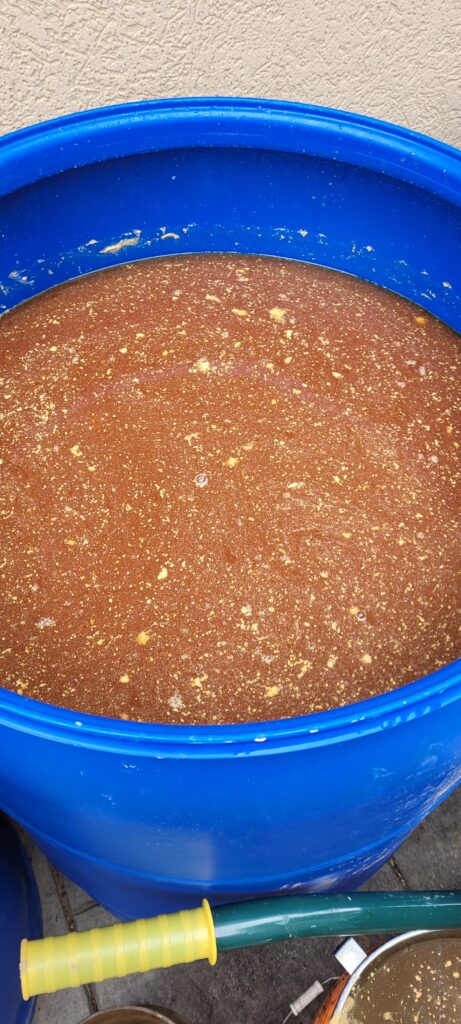LAB serum is a microbial inoculant that contains a diverse mix of beneficial lactic acid bacteria. These microorganisms play a crucial role in improving soil health by promoting nutrient uptake, increasing root growth and vitality, and suppressing pathogens.

When applied to soil, LAB serum helps to create a healthy microbe-rich environment that is conducive to plant growth. The microorganisms in LAB serum help to break down organic matter, making essential nutrients available to plants. They also improve soil structure, water-holding capacity and aeration, which in turn improves root growth and water uptake.
In addition to these benefits, LAB serum also has the ability to enhance the effectiveness of traditional fertilizers. The microorganisms in the serum work to make the nutrients in fertilizers more available to plants, thus reducing the amount of fertilizer required.
Farmers can use LAB serum as an alternative to chemical fertilizers, or they can use it in conjunction with traditional fertilizers to improve their effectiveness. It is important to note that LAB serum is not a replacement for fertilizer, but rather it is a complement to traditional fertilizer usage. It can be added to the soil at planting time or applied as a foliar spray.
Overall, LAB serum is a powerful tool for farmers to improve soil health and enhance the effectiveness of traditional fertilizers. By promoting nutrient uptake, increasing root growth and vitality, and suppressing pathogens, LAB serum can help farmers achieve higher yields and healthier crops.
(LAB serum contains a variety of beneficial bacteria, including lactobacillus, which can support plant growth and protect against pathogens. These bacteria can colonize the plant’s root system and provide a variety of benefits, such as improving nutrient uptake, promoting root growth, and suppressing harmful pathogens. However, the specific mechanisms by which these bacteria benefit the plant are not well understood, and more research is needed to fully understand their role in rhizophagy. It is possible that the bacteria in LAB serum may play a role in rhizophagy, but it is not the primary function of the product.)